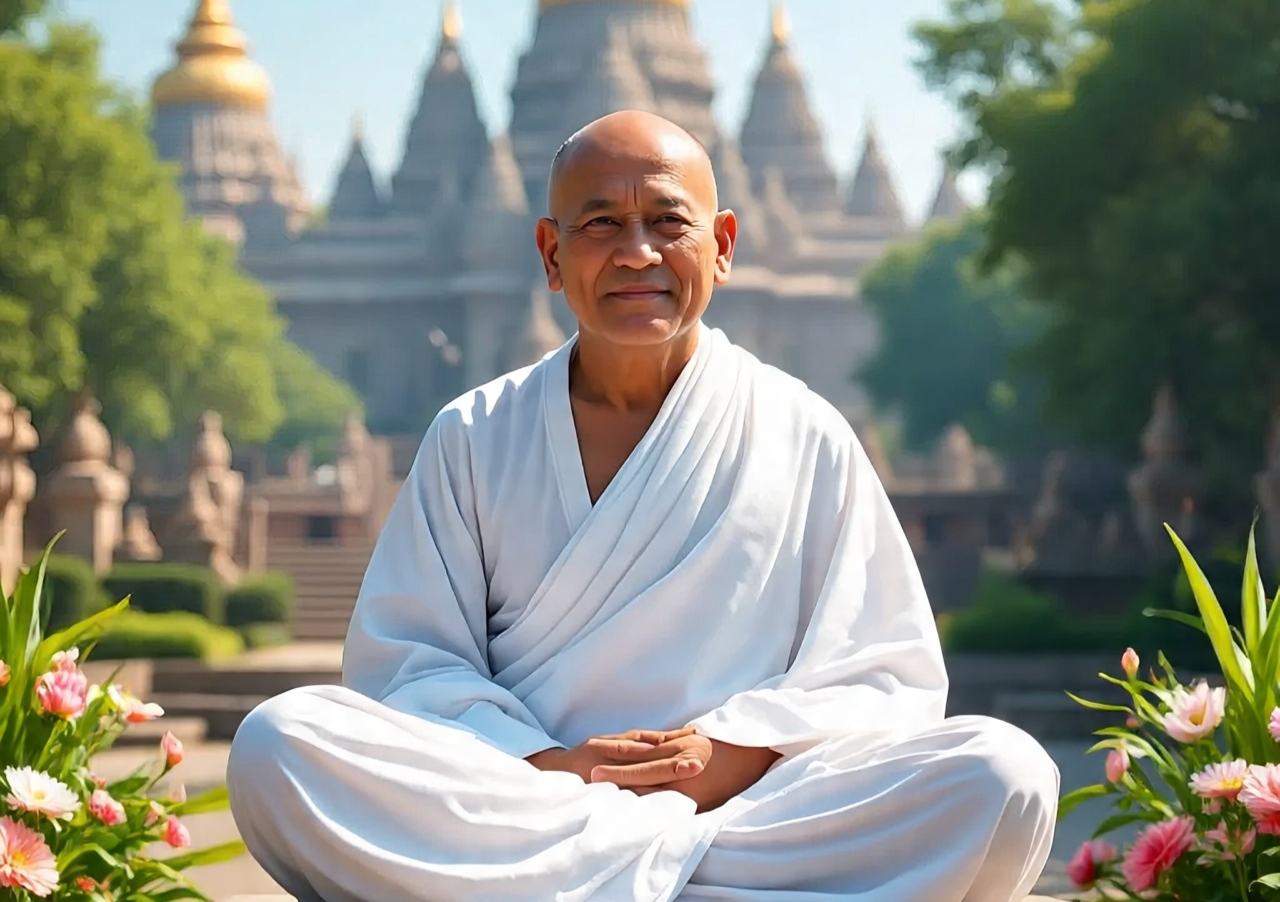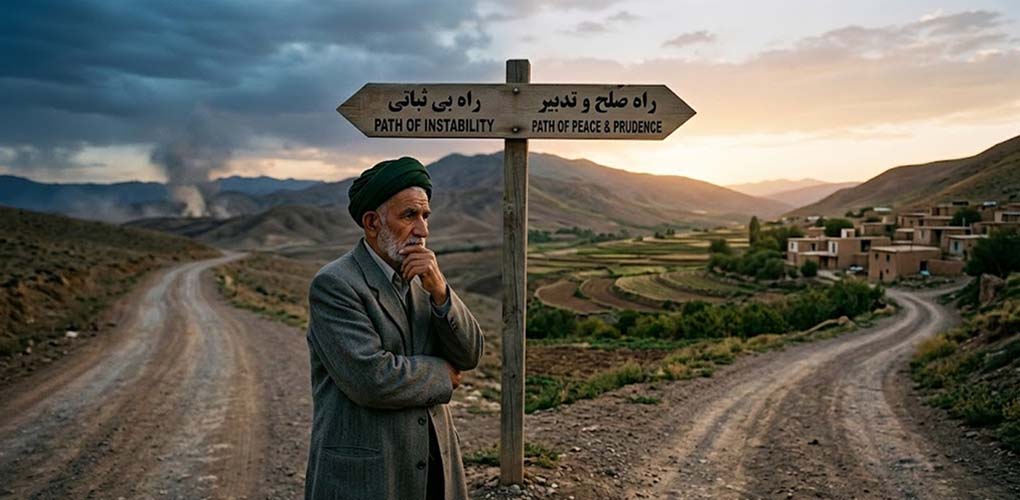Dr. A. K. Merchant*
In an age where everything from mindfulness to mysticism is marketed with sleek packaging and catchy slogans, spirituality has become a booming industry. From crystal-infused water bottles to subscription-based meditation apps, the sacred is increasingly sold as a lifestyle choice. But beneath the surface of this spiritual marketplace lies a deeper question: What happens when transcendence is treated as a commodity? And how does true religion aka dharma, respond to this cultural shift?
In many developed countries, the reputation of traditional organized religion has become so stained and tattered that, as per surveys carried out, a majority of the population, particularly the youth, are very confused and not at all interested in “religion”, per se. Overall attendance for ritual worship of Abrahamic religions has steadily declined, and membership in these communities has reduced, often replaced by tendencies towards the rising forces of secularism and atheism. On the other hand, in Asia and Africa, the traditional belief systems, such as Hinduism, Buddhism, Jainism, Sikhism and the numerous denominations within them, are keeping the masses firmly tied to a vast array of ritualistic practices, which have become highly commercialized, an essential aspect of their circular economy. In both scenarios, from time to time, the media reports the scandals, instances of financial bungling, sexual abuse, and the spread of doctrines that promote hatred, intolerance, or oppression of gullible devotees. Under such circumstances, it should not be surprising that many thoughtful, reflective people now describe themselves not as “religious,” but instead as “spiritual,” which seems broader, more flexible, and a less toxic term for their feelings of transcendence.
As per the teachings of the Bahá’i Faith, “… Religion should be the cause of love and affection. Religion should unite all hearts and cause wars and disputes to vanish from the face of the earth, give birth to spirituality, and bring life and light to each heart. If religion becomes a cause of dislike, hatred and division, it would be better to be without it, and to withdraw from such a religion would be a truly religious act. For it is clear that the purpose of a remedy is to cure; but if the remedy should only aggravate the complaint, it had better be left alone. Any religion which is not a cause of love and unity is no religion. All the holy prophets were as doctors to the soul; they gave prescriptions for the healing of mankind; thus any remedy that causes disease does not come from the great and supreme Physician.”
In reality, then, spirituality and religion are inseparable. They form a mutuality, a situation where each part benefits the other, and they become entirely interdependent. Without a grounding in spirituality, religion decays into a set of ritualistic practices and dwindles into mythical theatre. Followers of the Bahá’i Faith, advocate that without a rational acceptance of the structure and revelatory principles of religion aka dharma, to guide society, spirituality loses its focus and rides off in all directions, dissipating its energy and effectiveness. Therefore, according to Baha’i Teachings, religion aka dharma, must be renewed and reinvigorated in each new stage of human development.
Spirituality as a market-driven awakening implies the transformation of spiritual practices, symbols, and experiences into consumer products. This phenomenon is most visible in the rise of New Age movements and wellness culture, where ancient traditions are repurposed for modern convenience. Yoga, once a rigorous spiritual discipline rooted in Hindu philosophy, is now often reduced to a fitness routine accompanied by scented candles and branded leggings. Similarly, is the case with Oriental practices such as Tai Chi, smudging, chanting, and energy healing are frequently stripped of their cultural and religious contexts, rebranded for mass appeal.
Capitalism thrives on novelty, and spirituality—when detached from its roots—becomes a symbolic good. It promises personal growth, inner peace, and self-actualization, all without the discomfort of moral accountability or communal responsibility. In this model, the sacred is no longer revered; it is consumed.
In contrast to this commodified spirituality, true dharma aka religion, rooted in the foundational principles of personal morality and civilizational ethics, should ensure accountability, fidelity to laws and ordinances, a surrender of ego as enjoined by the Founders of the great religions, based upon their authentic utterances, mindful of the social milieus in which They were obliged to carry out Their missions. While spirituality often centres the self, dharma or religion calls the individual to transcend the self in the collective pursuit of the Divine.
All are humbly urged to self-introspection and ask themselves: Does their respective belief system provide them the necessary moral framework and guidance for shaping their characters and fostering communal harmony in present-day society? Followers of Bahá’u’lláh believe that dharma aka religion, is not merely a tool for personal wellness but a path toward collective meaning for understanding our existential reality. In religious traditions, sacred texts are studied, laws are faithfully observed, and spiritual authority is passed down through generations—not sold in curated boxes, nor a clash for power or position, but an avenue for self-service to the communities where they belong.
The problem with the concept of “being spiritual” is that it is so undefined, so all-encompassing, and yet so individualistic that there can be no commonly accepted standard for how it impacts and influences human behaviour. Spirituality itself has become such a broad concept that it embraces a wide range of ideals, including compassion, justice, decency, honesty, fairness, dignity, and humility, and much more.
Here is where dharma aka religion, plays an important, meaningful role. It provides a unified world view as a framework and a delivery system, Baha’is believe, for the establishment of the oneness of humankind–and most crucially, it gives an essential context for the spiritual impulses latent within all human beings.
True religion aka dharma, when lived authentically, offers a counter-narrative to the commodified spiritual marketplace. It invites us to engage with the sacred not as consumers, but as seekers. In reclaiming the sacred, let us reclaim ourselves—not as customers of spirituality, but as participants in a deeper, a deeper understanding of the unfolding divine Plan encompassing the entire human race. “The experience of the Bahá’í community may be seen as an example of this enlarging conceptual framework of unity in diversity. It is a community of some eight million people drawn from many nations, cultures, classes and creeds, engaged in a wide range of activities serving the spiritual, social and economic needs of the peoples of many lands….”
The lived experiences of Bahá’ís throughout the world contribute in some measure to the belief that dharma aka religion and spirituality, are two sides of the same coin. It reminds us that the path to transcendence is not found in products, but in practice—in devotion, discipline, harmonious community life, and acceptance of what Bahá’u’lláh proclaimed over one hundred fifty years ago: “The earth is but one country, and humankind its citizens.”
*The writer is a social worker, independent researcher, & member of the Bahá’i Community of India. Views expressed are personal.



